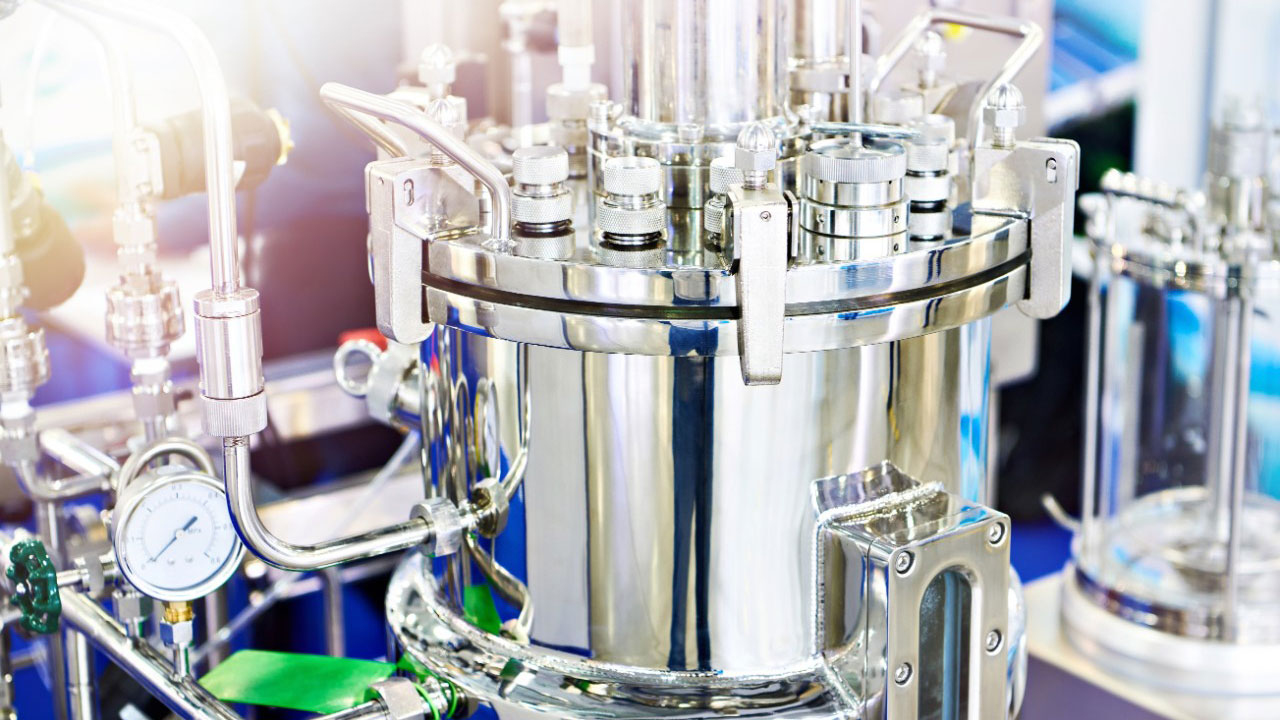

Measuring Adsorbate Profiles in Heterogeneous Catalytic Reactors by Iso-Potential Operando DRIFTS
Webinar Overview
Heterogenous catalytic reactors are at the heart of most large scale chemical processes. All process steps upstream of the catalytic reactor to prepare the feed and downstream of it to separate products or recycle unconverted feed components are determined by the performance of the reactor and the catalyst inside. For the lifetime of the chemical plant, catalyst and reactor will determine how efficiently the raw materials will be used, how big the energy and environmental footprint of the process will be, and last but not least, how competitive the process will be economically. Therefore, design and optimization of catalysts and catalytic reactors is an important yet formidable task.
As of today, catalytic reactors and catalysts are optimized gradually over decades, based on trial and error experiments, phenomenological research or simplified mathematical models. This workflow has to be accelerated dramatically, taking into account that the entire chemical industry has to be turned upside down to become climate neutral, e.g. by electrifying chemical processes or by switching from fossil to renewable feedstocks.
Iso-Potential Operando DRIFTS (IPO-DRIFTS), a novel technology developed and patented by Reacnostics GmbH, allows for the first time to measure concentration, temperature and adsorbate profiles inside of catalytic reactors of arbitrary size and shape. As such, this new technology allows to look inside a catalytic reactor and optimize catalyst and reactor by knowledge instead of trial and error. In this online seminar, it will be illustrated how IPO-DRIFTS measurements can be conducted. The experimental and data treatment workflow to obtain IR-absorption spectra which are proportional to adsorbate coverages will be presented step-by-step. By means of application examples (CO2 methanation on Ni/Al2O3 and CO oxidation on Pt/Al2O3) it will be shown how IPO-DRIFTS can be applied to monitor surface adsorbates along a catalytic reactor, how to distinguish reaction intermediates from spectator species and how to derive structure activity correlations from the data.
Key Learning Topics:
- How to measure concentration-, temperature- and surface adsorbate profiles in catalytic reactors by Iso Potential Operando DRIFTS
- How to remove disturbing interferences such as gas phase absorptions
- How to treat the data to obtain absorption spectra proportional to surface coverage
- How to distinguish reaction intermediates from spectator species
- How to derive structure activity correlations
What to Expect:
This online seminar is aimed at academic and industrial researches in heterogeneous catalysis and catalytic reaction engineering. It showcases a new development in operando catalysis research named Iso-Potential Operando DRIFTS. This new method allows for the first time to measure adsorbate profiles in otherwise inaccessible catalytic reactors using Infrared Spectroscopy. Apart from presentation of the necessary hardware, the seminar covers data analysis and data interpretation for selected catalytic reaction examples.
Speaker Bio
Prof. Dr. Raimund Horn, Head of the Institute of Chemical Reaction Engineering, Hamburg University of Technology (TUHH)
Prof. Dr. Raimund Horn is a distinguished expert in chemical reaction engineering at the Hamburg University of Technology (TUHH). He has been the head of the Institute of Chemical Reaction Engineering since 2013. His research focuses on catalytic processes, reactor modeling, and the investigation of kinetics and dynamics in chemical reactors. Prof. Horn has significantly contributed to the understanding of catalytic oxidation processes and spatial profiling of chemical reactions within reactors.